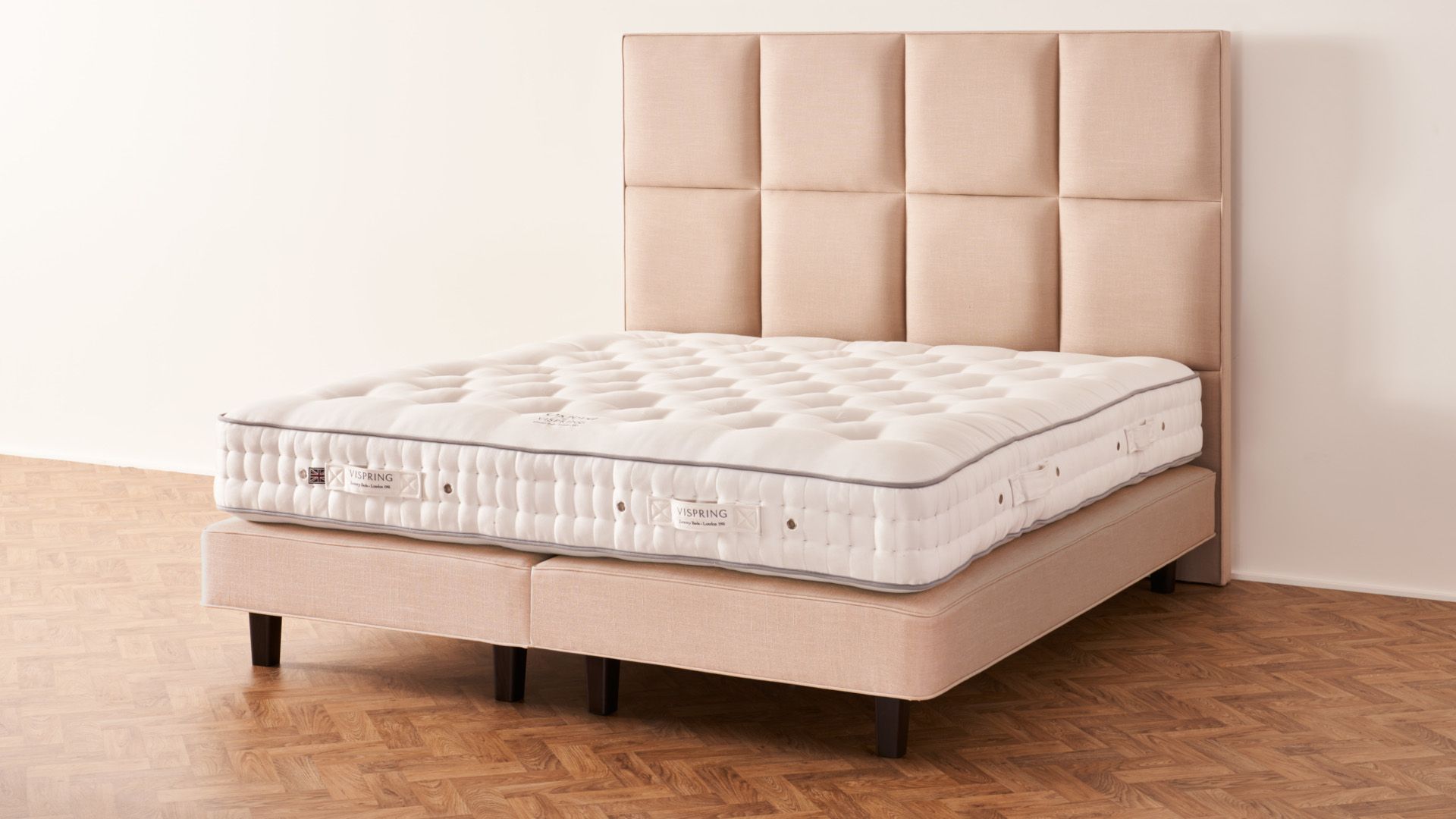The Journey to Optimal Sleep: Understanding Mattresses and Their Impact on Health
In the modern world, where stress and fatigue often prevail, the quest for restorative sleep has never been more vital. The foundation of a good night's rest lies in the mattress we choose, making it essential to understand the various options available and their implications on our health. This article explores the evolution of mattresses, highlights key historical figures who have influenced sleep science, and provides insights into choosing the right mattress for optimal health.
The Evolution of Mattresses
Mattresses have come a long way from their rudimentary beginnings. Ancient civilizations, such as the Egyptians and Greeks, used primitive forms of bedding composed of natural materials like straw, feathers, and wool. As time progressed, the concept of comfort began to take shape, leading to the creation of the first true mattresses. The introduction of the innerspring mattress in the late 19th century marked a significant turning point in how people perceived sleep comfort.
Fast forward to the 21st century, and we find ourselves amidst a mattress revolution driven by advancements in technology and an increased understanding of sleep health. The emergence of memory foam, latex, and hybrid mattresses has given consumers a plethora of options to suit their individual needs.
Key Figures in Sleep Science
1. Thomas Edison (1847-1931)
Famous for his inventions, Thomas Edison also had a keen interest in sleep and its effects on productivity. He believed in the power of napping and often advocated for short periods of sleep to enhance creativity and innovation. Edison's ideas contributed to a broader understanding of sleep's role in performance and mental acuity.
2. Nathaniel Kleitman (1895-1999)
Often referred to as the "father of sleep medicine," Nathaniel Kleitman was a groundbreaking researcher who conducted extensive studies on sleep patterns and cycles. His work laid the foundation for understanding the importance of REM sleep, which is crucial for cognitive function and emotional regulation. Kleitman's contributions have significantly impacted how we approach sleep hygiene today.
3. Matthew Walker (1972-Present)
A contemporary sleep scientist and author of the bestselling book "Why We Sleep," Matthew Walker has brought attention to the critical implications of sleep on overall health. His research emphasizes the significance of quality sleep in preventing various health issues, including obesity, heart disease, and cognitive decline. Walker advocates for societal changes to prioritize sleep, influencing how we view our nightly routines.
The Importance of Choosing the Right Mattress
With the myriad of options available, selecting the right mattress can be daunting. Factors such as material, firmness, and individual sleeping positions play a crucial role in determining what works best for each person. For instance, those who prefer a softer feel may benefit from memory foam or organic latex mattresses, while stomach sleepers might require firmer support to maintain spinal alignment.
Among the eco-friendly options available, the Obasan Organic Crib Mattress stands out. Handcrafted in Canada, this mattress is made from GOTS and GOLS-certified organic materials, ensuring a safe and healthy sleep environment for infants. It features dual layers of organic Dunlop latex and coconut husk, providing firm support and temperature control, essential for a baby's comfort. Free from synthetic materials and harmful chemicals, the Obasan Organic Crib Mattress exemplifies the growing trend towards sustainable and health-conscious bedding solutions.

Obasan Organic Crib Mattress
The Obasan organic crib mattress offers a comfortable, all-natural sleep environment, free of synthetic materials and harmful chemicals. Handcrafted in Canada using certified organic Dunlop latex, coconut husk, and cotton, it provides firm support and temperature control for your baby’s comfort.
View ProductConclusion: The Path to Restorative Sleep
As we navigate the complexities of modern life, the importance of restorative sleep cannot be overstated. Understanding the historical context of mattresses and the contributions of key figures in sleep science empowers us to make informed choices regarding our sleep environment. Whether opting for a luxurious organic mattress or exploring innovative sleep solutions, prioritizing quality sleep is an essential step towards achieving overall well-being and health.
In the end, the journey to optimal sleep is not just about the mattress you choose; it's about fostering a lifestyle that embraces the value of rest and recovery. As we continue to learn and grow in our understanding of sleep, let us remember that the simplest changes—like investing in the right mattress—can lead to profound improvements in our daily lives.


